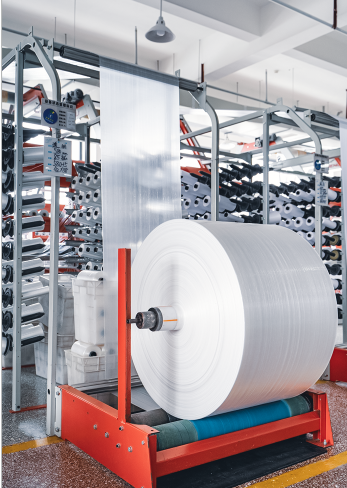The growing global focus on sustainability has pushed the PP woven market industry to reevaluate manufacturing processes, materials used, and overall environmental footprints.
With the increasing emphasis on green policies, how is the industry adapting?
This article explores how the woven polypropylene market is evolving under the pressure of environmental regulations.
Governments and organizations worldwide are implementing stricter regulations to reduce plastic waste and promote recycling.
For instance, the European Union’s Circular Economy Action Plan emphasizes reducing plastic waste through recycling and the use of more sustainable materials. Such policies are encouraging manufacturers to rethink their production processes and materials to align with these new standards.
In response to these regulations, companies in the PP woven bag market are increasingly adopting eco-friendly practices. This includes investing in recycling technologies and developing products with a higher recycled content. Some manufacturers are also exploring biodegradable alternatives to traditional PP woven bags, although these are still in the early stages of development.
Recycling has become a key focus in the evolution of the woven polypropylene bag industry. Traditionally, PP woven bags were not widely recycled due to the complexity of the material and the lack of infrastructure. However, advancements in recycling technology are changing this. Companies are now able to recycle PP woven bags more efficiently, turning them into new products or even into new woven bags.
Reusability is another area where the industry is evolving. PP woven bags are already known for their durability, making them ideal for multiple uses. By promoting the reusability of these bags, manufacturers are reducing the overall demand for new materials, further minimizing environmental impact.
Despite these advancements, the PP woven bag industry still faces several challenges. The cost of developing and implementing new recycling technologies can be prohibitive, especially for smaller manufacturers. Additionally, while biodegradable alternatives are being explored, they are not yet widely available or cost-effective.
The future of the PP woven bag market will likely see continued innovation as companies strive to balance environmental responsibilities with business objectives. Regulatory pressures are expected to increase, pushing the industry further toward sustainability.
Companies like Xifa that invest in eco-friendly technologies and practices will be well-positioned to lead the market in this new era.




